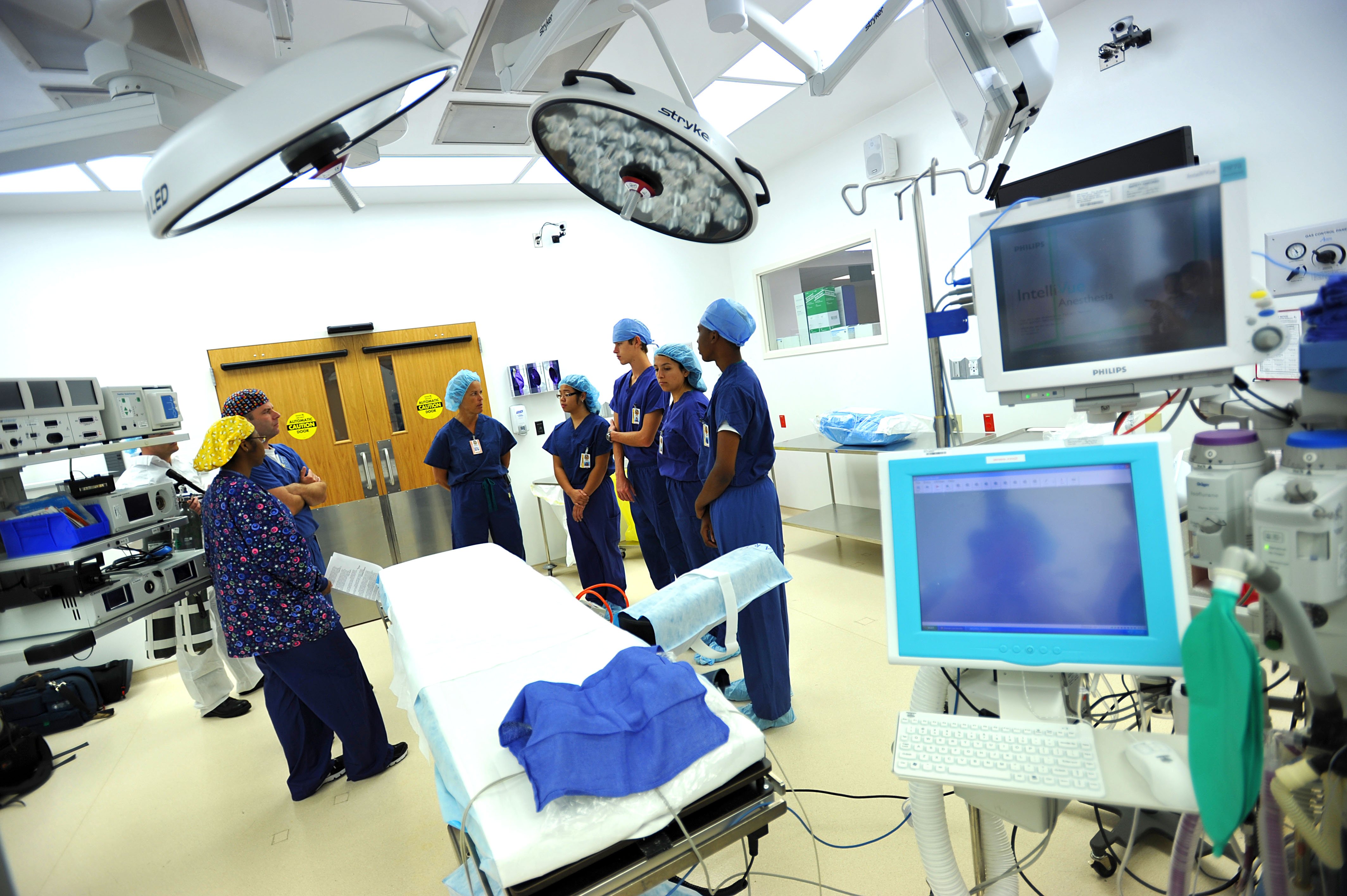“Lake Wobegon, where all the women are strong, all the men are good looking, and all the children are above average.”
– Garrison Keillor, A Prairie Home Companion
While NPR’s Garrison Keillor entertains listeners with weekly monologues highlighting news from Lake Wobegon, his fictional home town, it is that closing line “and all the children are above average” that has taken hold in the popular culture. The Lake Wobegon Effect refers to that normal human tendency to overestimate one’s abilities.
The problem is that an average is just that, an average, meaning that while some are above, there are also those below. We all want to be above average. Who shoots for the mean and makes it into medical school? The truth is, if you made it into medical school – or even if you’re somewhere earlier along the path – you have almost certainly been “above average” academically and otherwise most of your life. You were on the honor roll from the time you started receiving grades. You graduated near or at the top of your high school class, many being valedictorians. You were in your college’s honor society and graduated some version of cum laude. You were accepted to medical school.
Average just isn’t in your vocabulary.
And then medical school happens. . .
Read more


















